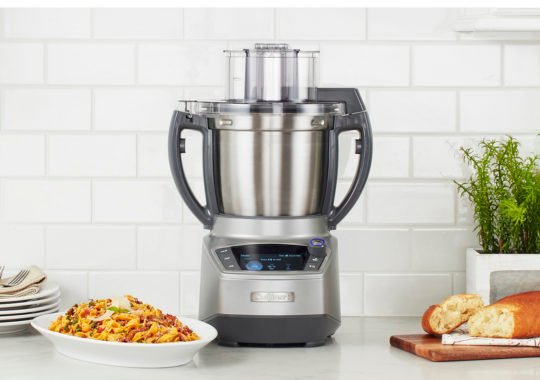It is fair to say that the life of an average pet cat here in Britain is a pretty good one. Indeed, with plentiful safe places to sleep all day and a ready supply of food, most cats have it good. However, there is downside to this Utopia. Indeed, with no requirement to get out and catch their own food, many pet cats in the UK (as many as 30% in fact) are now classed as being obese.
The main reason for this is that today’s domestic cats lead a much more sedentary life than their predecessors. Moreover, many more cats are kept entirely indoors these days so they have very limited opportunities to experience the healthy outdoor activities and exercise that is available outside.
Of course, pet nutrition is also a key issue here. Indeed, people in general are far less modest about what constitutes a decent portion than they were a generation ago so many pet cats now receive more pet food than they actually need throughout the course of a day. Certainly, leaving large portions out for cats rather than measuring out a set amount and feeding it in small meals throughout the day is likely to cause any cat to become overweight in a relatively short space of time.
The key to obesity prevention is regular weighing, as this can enable owners to identify any persistent weight gain issues and consult a vet to initiate a controlled weight reduction programme.




